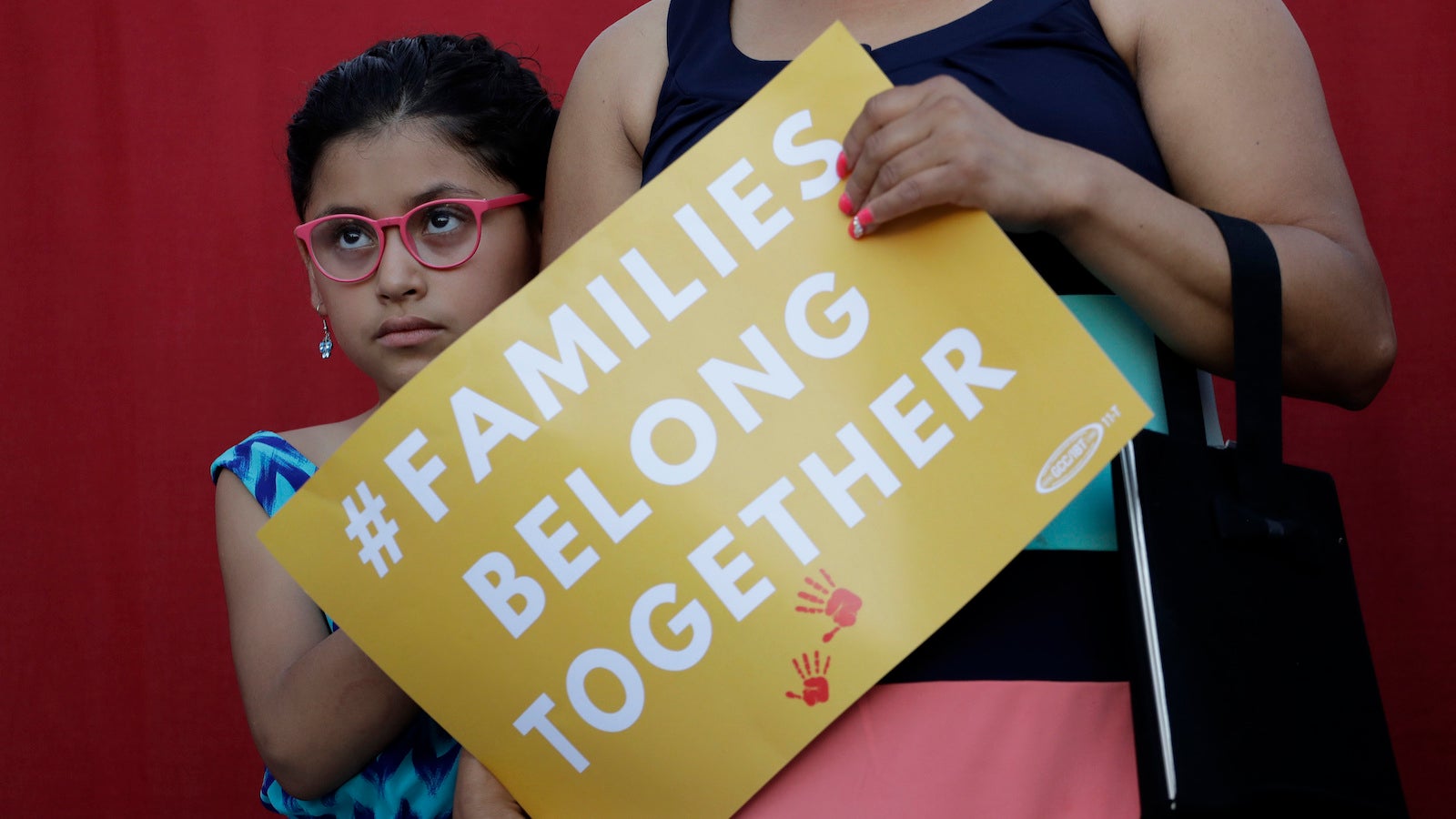American CEOs are strangely silent on child separation at the US border
Same-sex marriage. The plight of the “dreamers.” A president’s chilling reaction to violence “on both sides” at a rally for white supremacy.


Same-sex marriage. The plight of the “dreamers.” A president’s chilling reaction to violence “on both sides” at a rally for white supremacy.
In the past several years, leaders of some of America’s most powerful companies, including Tim Cook, CEO of Apple, Facebook chief Mark Zuckerberg, and Merck CEO Ken Frazier, have aired forceful opinions on these issues and others.
The vast majority have taken a progressive stand, defending a vision of the United States as an inclusive, compassionate country that values the civil rights and safety of all people.
The question is, where are the same CEOs and their peers in this moment, as the US government separates children from their parents at the US-Mexico border as a matter of national policy?
Millions of people are watching the dystopian scenes playing out in US border states, and reading about crying, inconsolable children being led away from their parents after a family has crossed in the US without a visa. We now know that more than 2,000 children were removed from their parents in a six-week period during April and May, and that a Walmart has become a makeshift detention center for nearly 1,500 minors. To many, the news has been unbearable, prompting outrage from political and religious leaders across the political spectrum.
If corporate leaders believe that this particular injustice does not impact their employees, they’re wrong. To be aware of the kind of trauma that’s being inflicted on children at the border is deeply troubling to any person of conscience, and that much more painful for employees who can relate to the families caught in the crisis, whether because of their personal histories of immigration, or those of their parents, grandparents, or great-grandparents. Arguably, employees who are feeling a sense of grief or helplessness want to hear that their corporate leaders are not indifferent to what’s happening.
CEO activism has been called out as self-serving, a form of branding at a time when workers, especially millennials, are prepared to walk away from employers that don’t share their values. But let’s not forget: Corporate-led political activism is not exactly new, and whatever their motivation, corporate leaders regularly appear to have enough clout to sway public opinion.
When leaders protest, employees are more likely to feel they have permission to mobilize, launch campaigns, raise funds, and speak out. One company head, therefore, can unleash a tremendous amount of energy in support of a cause. Not only that, but we’ve come to expect businesses to weigh in.
“People should have values,” Tim Cook said at a global conference for business leaders in New York last year. “Companies are nothing more than a collection of people. So by extension, all companies should have values. As a CEO, I think one of your responsibilities is to decide what the values of your company are, and lead accordingly.”
We already live in an era of CEO activism. If there was ever a time for more of it, this is it.